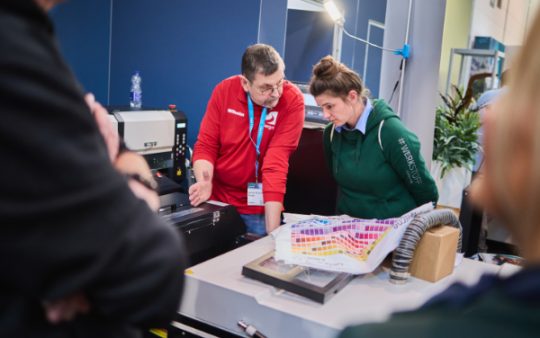How COVID-19 has changed our washing behaviour

Published on 06.01.2021
Fearing viruses, many people wash their clothes more often than they used to, which shortens the life of textiles and harms our environment. This is the result of a new study by textile supplier Polygiene. With a new ViralOff finish for textiles, the company now wants to kill the viruses and also make washing unnecessary.
To find out how the pandemic is affecting people’s washing habits, Polygiene conducted a survey of 625 Americans. It found that three out of four people are now washing more because they are afraid of viruses. Of those people, over 30 percent said they would wash their clothes a lot or a lot more, even every time the clothes were worn in public. So COVID-19 also has an impact on many people’s washing behaviour, the study found, at the expense of the environment. Polygiene has calculated the additional CO2 emissions associated with this: Even before COVID-19, the average washing machine in the US ran seven times a week; a 20 percent increase would be roughly the equivalent of more than 3.5 million additional cars on the road. There are also other factors such as water consumption and emissions of microplastics and chemicals. And last but not least, the premature ageing of clothing: many garments end up in the rubbish prematurely because they become discoloured, deformed or shrink when washed.
More laundry for fear of viruses
According to the study, fear of viruses is currently the third most important reason for people to wash their clothes. Visible dirt and unpleasant odours still rank first. However, Polygiene is concerned that this fear of viruses could persist in the long term and, for example, discourage people from trying on clothes in shops.
With its newly developed ViralOff finish, Polygiene wants to help minimise this danger and is already using it in face masks from many manufacturers. With the finish, viruses such as the new SARS-CoV-2 disappear from textiles within two hours without the need to wash them. “Consumers can be assured that they don’t have to over-wash their product because they are worried about whether harmful microbes are present. The product essentially cleans itself,” explains Ulrika Björk, CEO of Polygiene.
The fight against viruses is not new to the Swedish company. Polygiene started in the care sector in 2004 during the fight against SARS. Thanks to this background, Polygiene was able to bring ViralOff to the market within a short time. However, the company is best known for its finishing products against the growth of bacteria. Bacteria are the cause of bad odours of clothing, which often do not disappear from the textiles even despite washing. Here, too, Polygiene advocates fewer washing cycles.
However, Polygiene does not only fight against viruses and bacteria. Above all, the company fights against the habits of consumers. “Changing consumer behaviour is probably one of the biggest challenges of all,” says Ulrika Björk. “We are naturally ingrained in our routines and habits, and we are taught from an early age to wash our clothes after wearing them. Unfortunately, this contributes to a big environmental impact and is not sustainable.”
Photo: Polygiene














